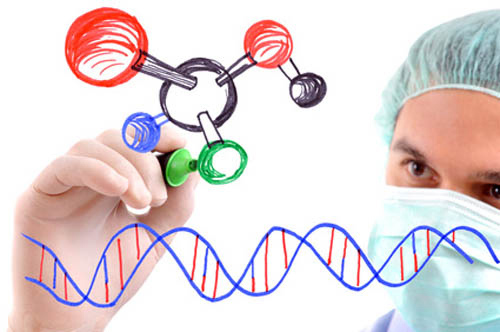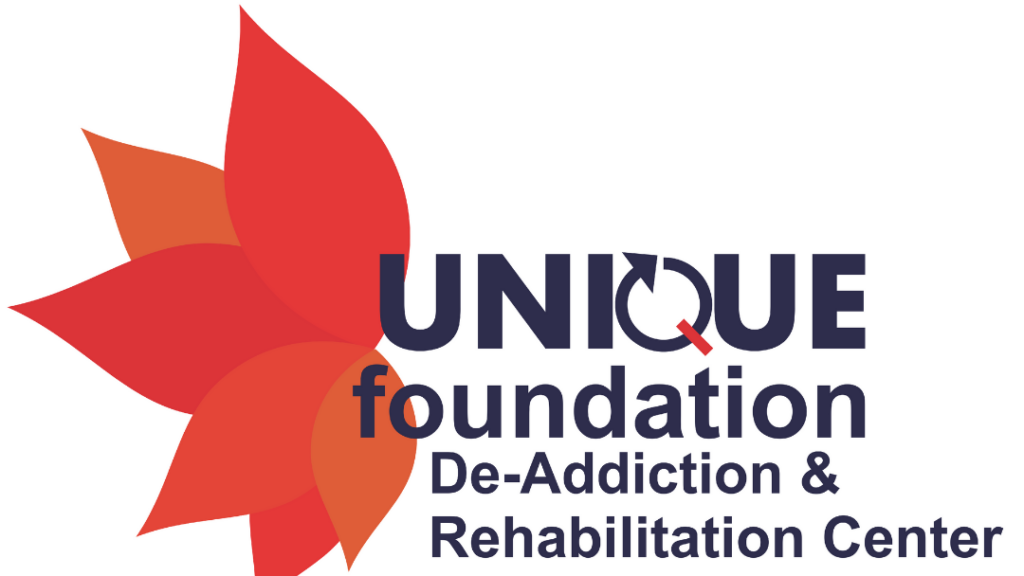Personalized treatment

- Genomics and Genetic Testing: Understanding a patient’s genetic makeup can help predict susceptibility to certain diseases or determine the efficacy of particular treatments. This information can guide healthcare providers in prescribing medications that are more likely to be effective and have fewer adverse effects.
- Precision Medicine: This approach uses data about a person’s genes, proteins, and environment to prevent, diagnose, and treat diseases. It aims to target treatments specifically to the individual patient, accounting for genetic, environmental, and lifestyle factors.
3.Tailored Therapies: Treatment plans are customized based on a patient’s unique characteristics, such as their genetic profile, biomarkers, or specific health conditions. This may involve adjusting drug dosages, selecting different medications, or utilizing therapies designed for the individual.
4.Personalized Cancer Treatment: Cancer treatment has seen advancements in personalized medicine where therapies are designed based on the genetic mutations or characteristics of a person’s tumor. This can lead to more effective treatments with fewer side effects.
5.Predictive Diagnostics: Using predictive analytics and diagnostic tools, healthcare providers can anticipate potential health issues in individuals and proactively intervene to prevent or mitigate those problems.
The goal of personalized treatment is to enhance the effectiveness of healthcare interventions, minimize adverse effects, and optimize outcomes by considering the unique biological and clinical characteristics of each patient. Advances in technology, such as genetic sequencing and data analytics, have greatly contributed to the development and implementation of personalized treatment strategies in modern medicine

